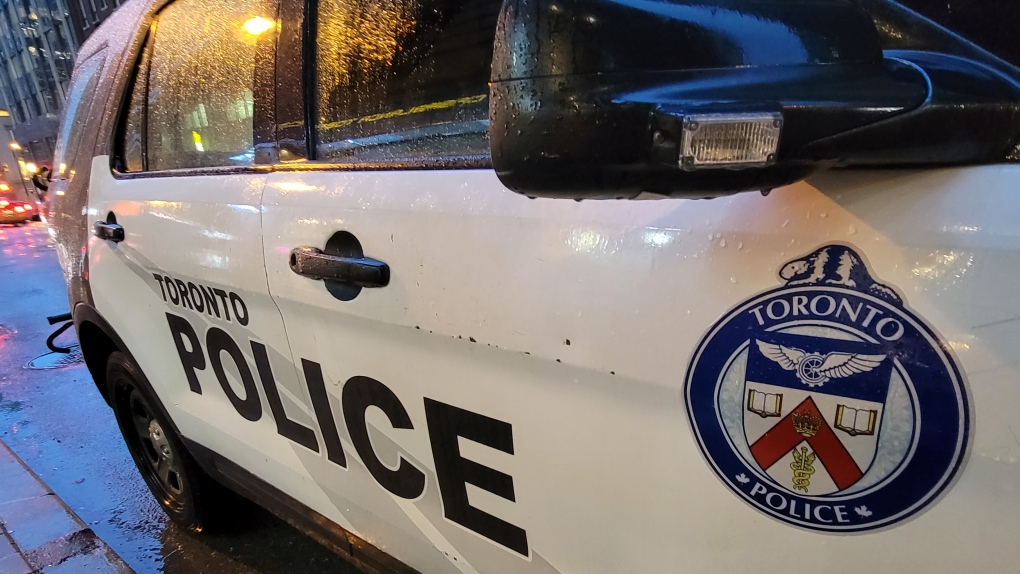Infra
East Toronto councillors hold opposing views on removal of Bloor, University and Yonge bike lanes – Beach Metro Community News

By AMARACHI AMADIKE
Toronto is losing some of its major bike lanes and the majority of city councillors are furious about it.
On Oct. 21, the Ontario government introduced Bill 212 (Reducing Gridlock, Saving You Time Act, 2024) which partly aims to address traffic congestion experienced in the province’s municipalities.
The Bill, amended to require Ministry of Transportation approval before municipalities can construct bicycle lanes “in certain circumstances”, has received push back from Toronto Council which put forward motions that clearly separated the city from the province’s position.
Toronto-Danforth Councillor Paula Fletcher told Beach Metro Community News that she opposes Bill 212 because the lane removals would reduce road safety and cause years of delays due to the construction that would be required to remove them.
“The province’s recent decision to force the city to remove bike lanes on Bloor Street West, University Avenue and Yonge Street is very troubling and I have heard from hundreds of residents expressing their concern,” said Fletcher.
On Wednesday, Nov. 13, Toronto Council passed a motion – Standing up for our City: Protecting Safe Cycling Infrastructure – highlighting concerns that Bill 212 contradicts the City of Toronto Act which allows the city “to determine what is in the public interest of the city.”
Mayor Olivia Chow’s motion strongly disapproved of Ontario’s proposal, particularly the requirement that the City of Toronto provide support to the province when the bike lanes on Bloor Street, Yonge Street, and University Avenue are removed.
Although the bike lane infrastructure cost Toronto $27 million to install, a City of Toronto staff report said it will cost $48 million for their removal.
“I was pleased to support Mayor Chow’s motion that makes the city’s positions clear: the city opposes the attempt to remove these bike lanes, the city should not bear the costs and, once the regulations are enacted, the city should consider a legal challenge,” said Fletcher.
According to Chow’s motion, on top of plans to legally challenge Bill 212, the City of Toronto “won’t cover any costs related to removal of the bike lanes, including materials, staff time, planning, design or traffic management.”
Chow, with support from Toronto Council, also requested the province release results of the Transportation Tomorrow Survey which the city said contains “more accurate information about the number of people who cycle in Toronto.”
Councillors believe the province has understated the number of cyclists in Toronto.
Other major concerns by councillors who supported Chow’s motion include the decreased safety of cyclists if Bill 212 is approved, as well as “increased travel times for drivers due to traffic congestion” from the required construction to remove the bike lanes.
Although Chow’s motion to protect Toronto’s bike lanes received support from most councillors, a surprising critic of the idea was Beaches-East York Councillor Brad Bradford who has been a strong advocate of bike lanes in the past.
He told Beach Metro Community News that he believes the city needs to build safe and sensible infrastructure “in places where they make sense.”
“At last week’s Council meeting, the Mayor introduced an eight-part motion at the last minute,” said Bradford. “I believe it presented an ineffective approach to stand up for the city’s jurisdiction, particularly when it refused to acknowledge valid questions and concerns from many residents. That is why I voted against it.”
Although Bradford’s history includes facilitating changes made to fix the Woodbine bike lanes as well as advocating for the Danforth bike lanes, he said that the city needs to “have the humility to admit when we’ve gotten something wrong.”
“I ride my bike a lot around Toronto,” said Bradford. “I’ve ridden the Bloor West bike lanes in Etobicoke, which is how I know they’re not well-designed or working well. I’ve also heard those same concerns loud and clear from local residents and businesses there.”
A subsequent statement from Bradford’s office provided further information about why he supported the Danforth and Woodbine bike lanes but rejected the Bloor, Yonge, and University ones.
It highlighted that “in some areas these bike lanes are wider than the vehicle lane.” The statement also noted that due to insufficient consideration and design work on parking and accessibility access, other parts of the Bloor bike lane route “swerve in and out of former parking laybys which creates worse terrain for cyclists to traverse.”
A skeptic of Toronto’s leadership when dealing with bike lanes, Bradford said that he still supports Toronto’s push to protect local democracy from overreach by other levels of government.
“I do not believe that the provincial government should be overruling municipal jurisdiction on issues like bike lanes – whether that is making us put them on every street, or directing us to remove them,” he said.
Bradford put forward a motion at the Toronto Council meeting that called for the city to express to the province “its support for restoring two motor vehicle lanes of travel in each direction on Bloor Street West between Runnymede Road and Resurrection Road, even if it requires removing or reconfiguring cycling infrastructure.”
This motion received the support of just five other councillors.
The most contentious motion from the meeting, however, was put forward by Eglinton-Lawrence Councillor Michael Colle who proposed the City of Toronto place signs that read: “This road congestion and traffic delay is the result of Premier Ford’s Bill 212” on roads where there are traffic delays resulting from the provincial mandate. Colle’s motion passed 14-11.








